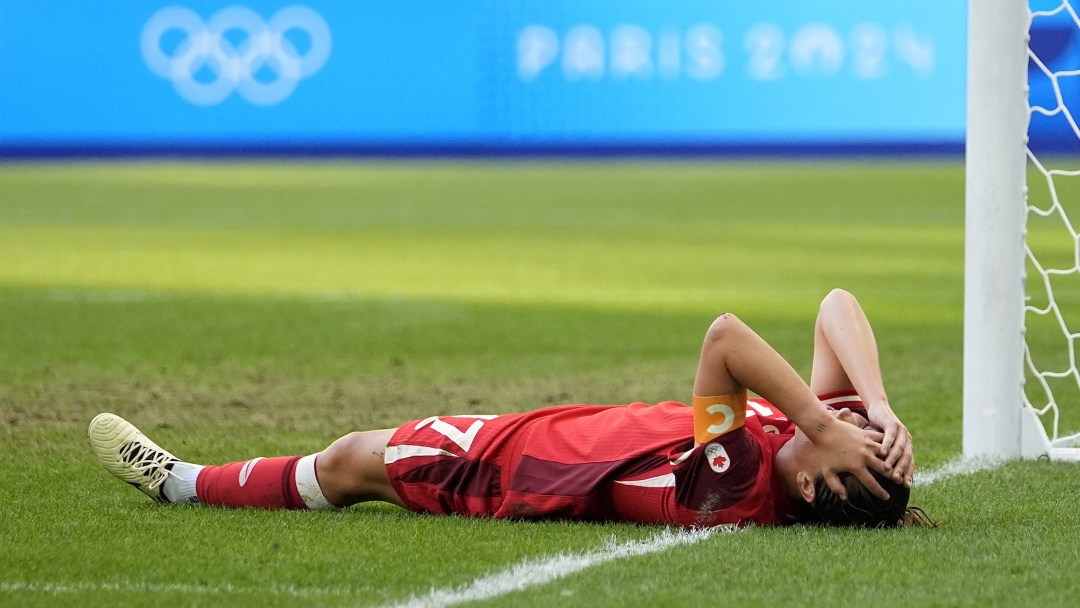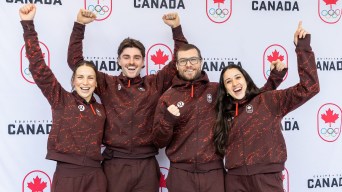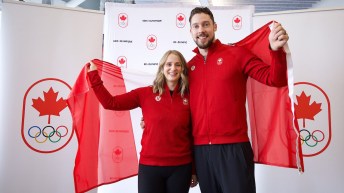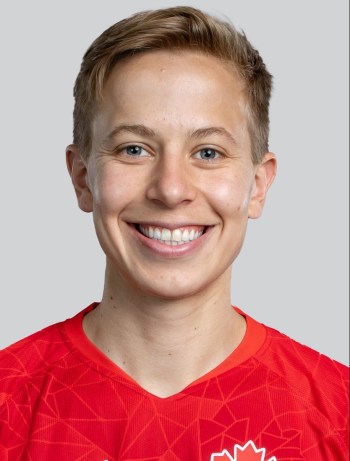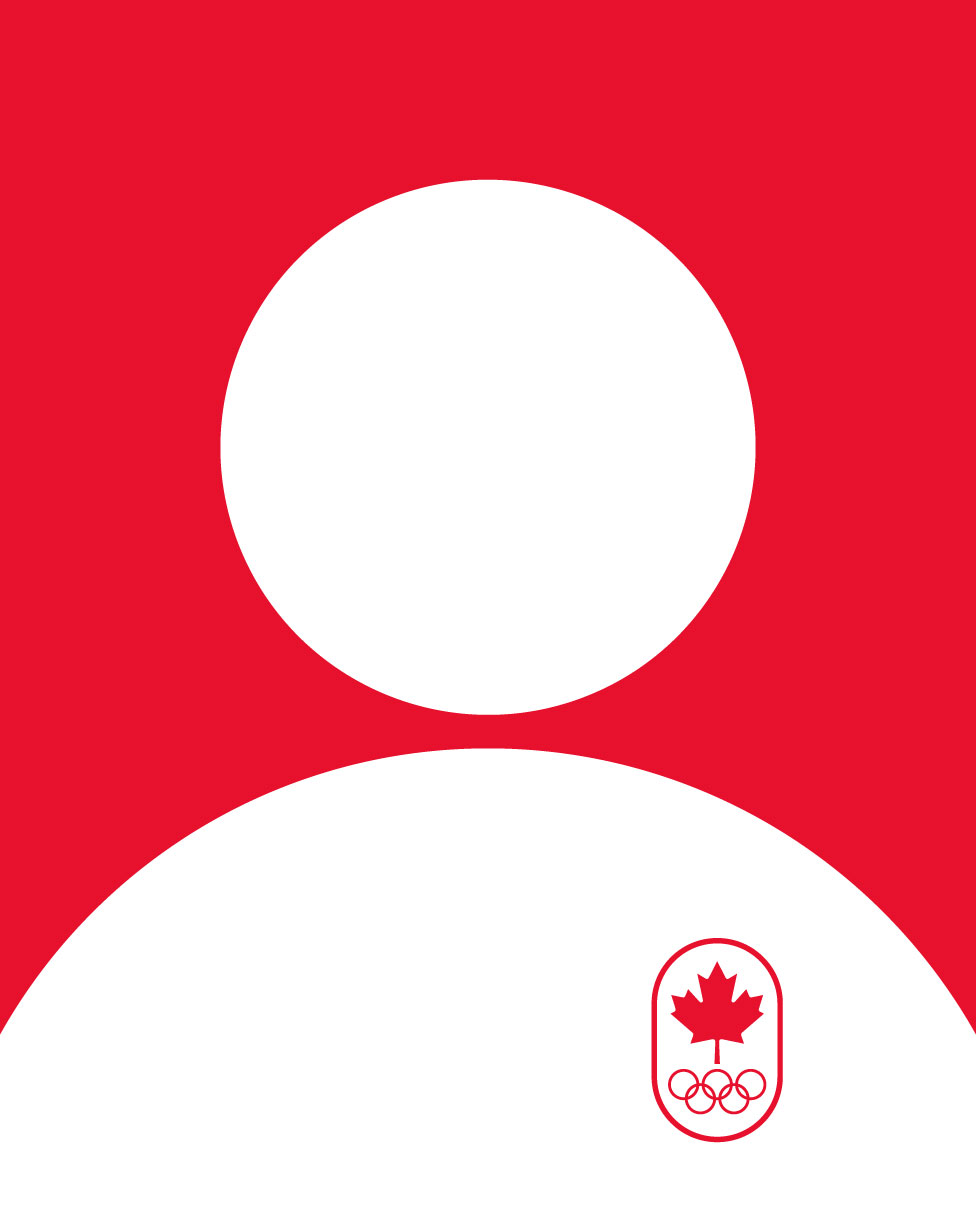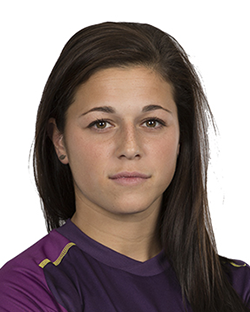Improbable journey in women’s soccer ends with heartbreak for Canada
Sometimes in sport, a team gets more than they deserve; other times, it’s less. For Team Canada women’s soccer team on Day 8 at Paris 2024, it was definitely the latter.
Despite dominating most of Saturday’s quarterfinal against Germany, Canada came up short in the penalty shootout. It means that, for the first time since Beijing 2008, Canada will leave the Olympics without a medal in women’s soccer.
But for the team that won gold at Tokyo 2020, even making the quarterfinals was a massive achievement. A drone-flying controversy early on in Paris led to head coach Bev Priestman’s suspension and a six-point deduction for the team.
That meant the team needed to win all three group stage games to have any chance at the quarterfinals. And by keeping their focus squarely on what they could control, that’s precisely what the team did.
“Our team has done an incredible job just shutting out the noise,” said Janine Beckie. “Our staff has been absolutely incredible, open, available, whatever we needed, they’re working 24 hours a day.”
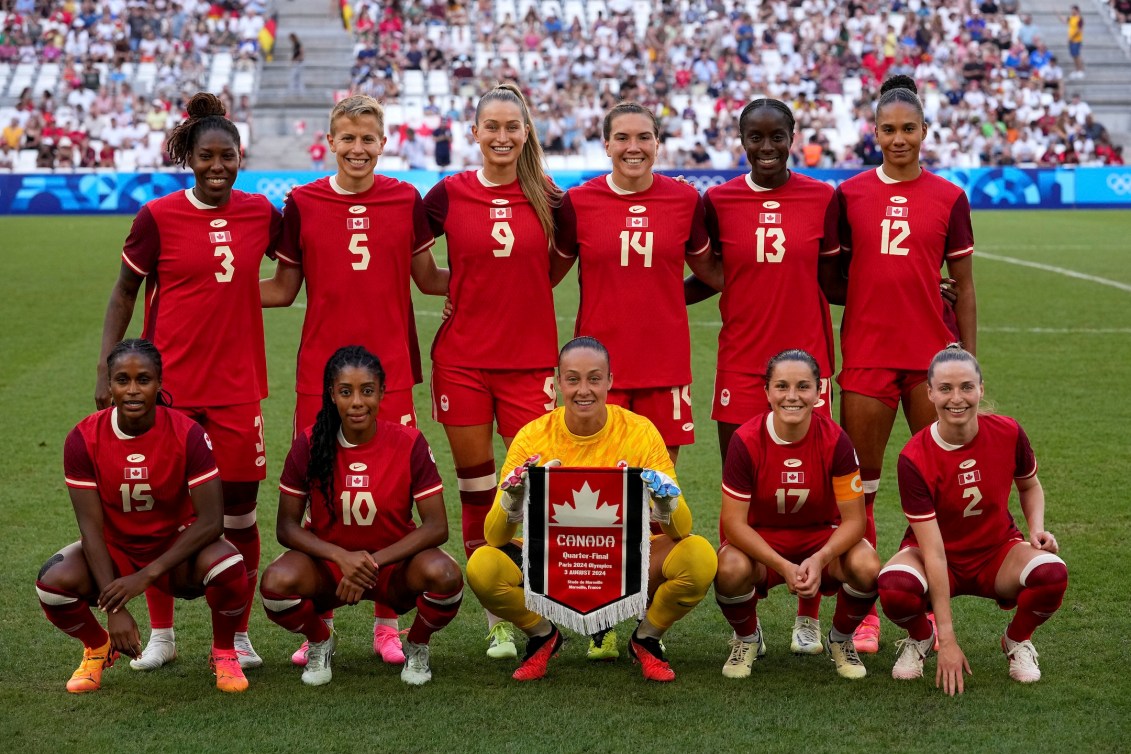
Beckie entered the quarterfinal as a halftime substitute, after what appeared to be an injury to captain Jessie Fleming. Though Germany held the advantage for much of the first half, the addition of Beckie, Adriana Leon, Evelyne Viens and Cloé Lacasse turned the tide in Canada’s favour.
Though Canada poured on the attacking pressure, they couldn’t find a goal through the standard 90 minutes or 30 minutes of extra time. That left them at the mercy of soccer’s most soul-sapping lottery, the penalty shootout.
And while the team prevailed twice on penalties in Tokyo, including in the gold medal game, it wasn’t to be in Paris. Beckie and midfielder Quinn converted theirs, but Germany would win 4-2.
“Super proud of the performance,” said interim head coach Andy Spence. “The momentum that the players brought on was great; unfortunately, we couldn’t quite get over the line.”
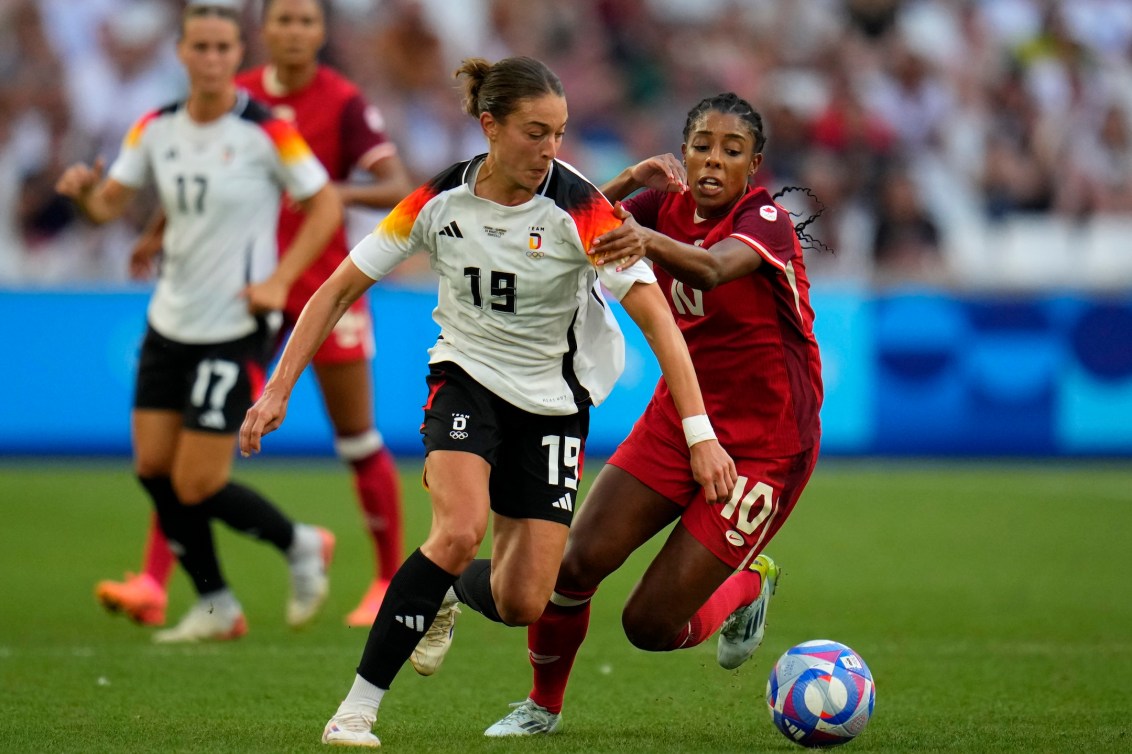
In the emotional aftermath of the match, Spence—thrust into a role he wouldn’t have expected—had only positives to offer.
“All I could say for them was how immensely proud I was of everyone, players and staff,” said Spence. “Ultimately, these moments can either make you or break you, and I think with this team, it’s absolutely going to make them.”
While veterans such as Beckie and Fleming provided leadership throughout the tournament, there were also breakout performances from players who could play important roles for Canada moving forward.
Viens, in her second Olympics, staked her claim as a massive part of Canada’s attack. Gabrielle Carle, also a two-time Olympian, stepped up after being a last-minute addition to the main roster.
READ: Defying all odds, Canada’s players march on in women’s soccer
And a pair of Olympic rookies, 21-year-old Jade Rose and 20-year-old Simi Awujo, firmly entrenched themselves as difference makers in the years to come.
Where will they fit in? And how will this team look as they look to get back onto the podium at Los Angeles 2028?
“I’m sure people will have questions moving forward,” said Beckie. “We just have to keep taking it one step at a time, switch off and then regroup.”

